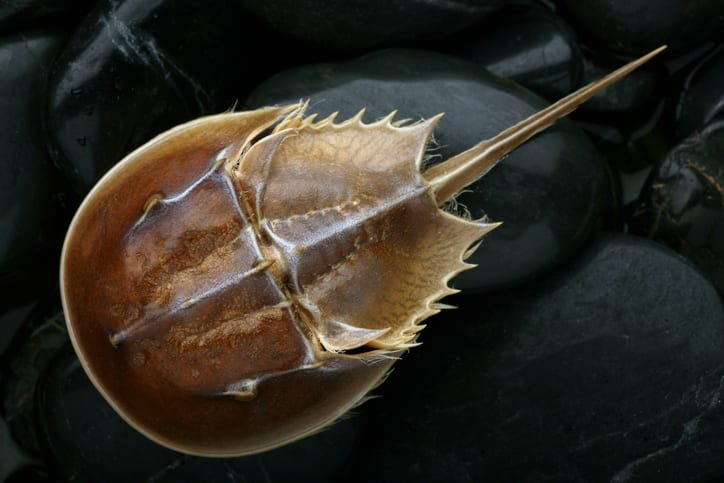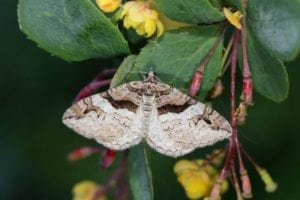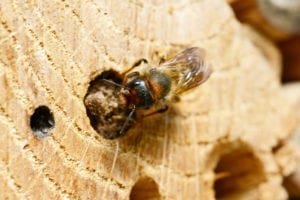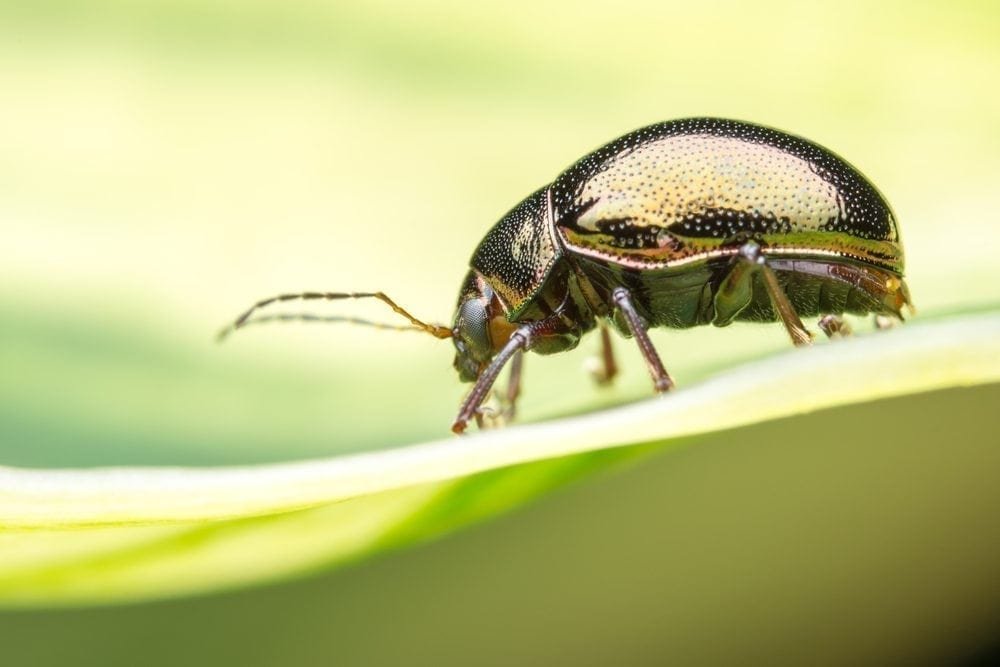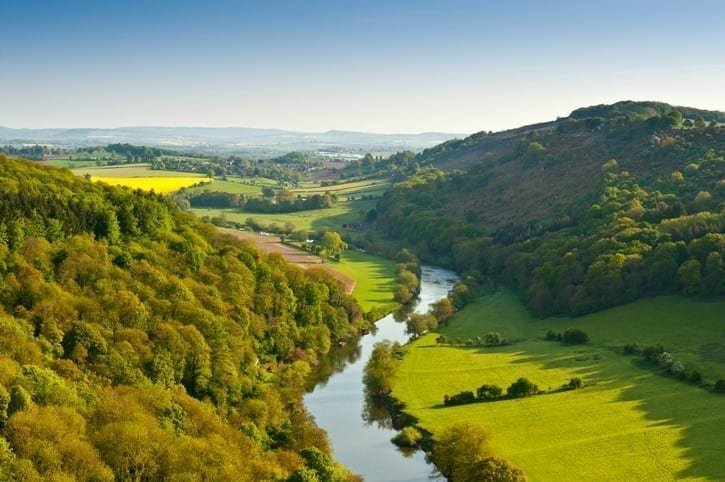Two insects and a living fossil are proving crucial to the production of effective coronavirus vaccines, while medicines developed from leech saliva are saving thousands of lives.
This underscores our dependence on biodiversity, and conservationists are calling for increased resourcing for the protection and restoration of invertebrate populations so that, as we emerge from the pandemic, we start to halt the worldwide declines in insects and other biodiversity.
People are familiar with the fact plants are a rich source of medicines, but scientists are increasingly turning to small animals to discover chemicals and processes that help prevent suffering and death in humans.
‘No Insectinction’
The USA-developed Novavax vaccine consists of proteins created in cultures of fall armyworm (Spodoptera frugiperda) cells.
The cells are infected with an engineered virus that causes them to start producing the protein spikes that coat SARS-CoV-2. When injected in humans the proteins produce an antibody response.
The vaccine is achieving high success rates against all main variants of the virus and is entering authorisation processes around the world.
In Japan, silkworms (Bombyx mori), another moth, have been turned into factories producing the protein spikes.
It takes around four days to make sufficient quantities and the caterpillars are then harvested. The spikes are being used in a home test-kit for antibodies that reveals Covid-19 resistance.
‘Humans have never been more dependent on bugs, but they also depend on us to allocate enough room for them the thrive and to keep those spaces free from harmful pollution. I hope that the help gathered from invertebrates in our time of need is repaid with a greater respect and acceptance of bugs by humans. We must dedicate ourselves to achieving ‘No Insectinction’ and healing our planet’s life support system.’
MATT SHARDLOW
Chief executive of Buglife
Life-saving crabs
The blue blood of the horseshoe crab has almost miraculous qualities. Chemicals in the crab’s blood react to harmful bacteria that might contaminate the vaccine. The test makes sure that that vaccines are in good condition.
A synthetic version of one of the proteins has recently been authorised for use in Europe, China and Japan and is used by the Pfizer vaccine, but most of the world still only uses this marine arthropod’s blood.
Each year in the USA and China hundreds of thousands of crabs are caught and taken to laboratories, where they are bled from a vein near their heart.
In the USA crabs are released, but around 15% then die. Due to this and other pressures on their habitats and populations, particularly bait catching, Atlantic horseshoe crabs (Limulus polyphemus) are now classified as ‘Vulnerable’ to extinction by the International Union for the Conservation of Nature (IUCN).
 Play Video about This Rock Might Just Save The World
Play Video about This Rock Might Just Save The World Play Video about Play 2 hours of rock
Play Video about Play 2 hours of rock Play Video about Play 2 hours of brook
Play Video about Play 2 hours of brook Play Video about Play 2 hours of sheep
Play Video about Play 2 hours of sheep

















